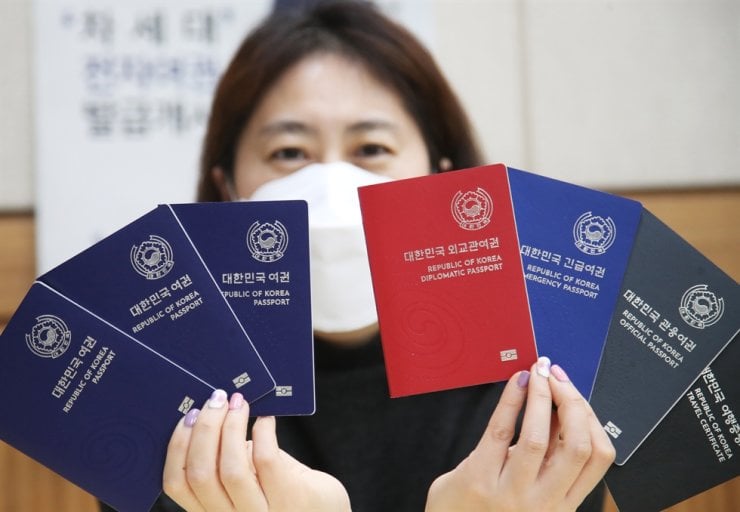South Korea is a 51 million-person East Asian country located on the southern tip of the Korean Peninsula, bordering the East Sea and the Yellow Sea. But did you know that until the dictatorship ended, ordinary South Korean citizens could not travel abroad?
Ordinary South Korean citizens could not obtain a passport and travel abroad until 1989, immediately following the end of the dictatorship. South Koreans who wanted to travel abroad had to go through anti-communist education until 1992.
South Koreans are Finally Free
Beginning that day, any Korean citizen who wished to travel abroad could do so without restriction. Previously, only a few select individuals, such as students enrolled in foreign schools, overseas workers, or government officials, could flash a passport, board a plane, and depart the country.
So much has changed since the Korean government first permitted citizens to travel freely abroad. Jeju Island is no longer a popular honeymoon destination. Koreans who leave work on Friday evenings spend the weekend abroad, sometimes golfing in Southeast Asia, before returning to work on Monday. Many people also spend their vacations away from home in exotic locations.
It is estimated that 15 million Koreans traveled abroad last year alone, accounting for roughly one in every three Koreans. This figure is roughly 20 times higher than in 1988 before travel restrictions were relaxed. That figure was only 720,000 in 1988.
The number of travel agencies has also increased dramatically. It was around 300 in 1989. However, by 2012, that figure had risen to around 9,400. In fact, Jan. 1, 1989, was like an independence day for travel businesses, as they really began to take off on that day.
However, the change is not only quantitative but also qualitative. To put it another way, Koreans’ travel habits evolved over time.
Backpacking through Europe, for example, was a popular activity among college students, lining up in front of the US. A visa was required to visit the United States; returning from Japan with a Zojirushi rice cooker was also common.
As Koreans mark 25 years of freedom to travel, the JoongAng Ilbo examined how travel patterns changed over time with the assistance of about 20 entities, including government agencies, travel agencies, and airlines. (Source: Korea Joongang Daily)
Korean Passports
Any Korean citizen could obtain a passport after January 1, 1989. There were many restrictions before that. To begin, those seeking passports from the Korean government, typically people in government, business, or academia, had to provide official documents. Not only that but there was an age limit for obtaining a passport. Only those aged 30 and up were eligible.
In 1985, approximately 480,000 Koreans traveled abroad. Japan, the United States, and Saudi Arabia were the most popular destinations. Until the mid-1980s, most Koreans who emigrated were pillars of industry who ventured to desert countries such as Saudi Arabia.
Travel visas were first issued in 1983. Even so, only those over the age of 50 were eligible. Furthermore, they were required to pay 2 million won, the equivalent of $5,800 today, as a tourism deposit.
Only a few upper-class people could afford to travel abroad back then, and the tourism deposit for a travel visa was quite high. In addition, for a business visa, [the government] looked at a company’s revenue. So you had to be wealthy and have the time to travel abroad.
Hong Ki-Jung, Vice Chairman of Modetour
Taiwan was a popular tourist destination at the time. Even though China was a nearby destination, Koreans were prohibited from traveling to Communist countries at the time. As a result, China, Vietnam, and the Soviet Union were prohibited.
In fact, the Korean government was so concerned that Koreans who traveled abroad would be drawn to Communist ideologies that they required anti-Communist education even until 1992.
(Source: Korea Joongang Daily)
Image from KoreaTimes
